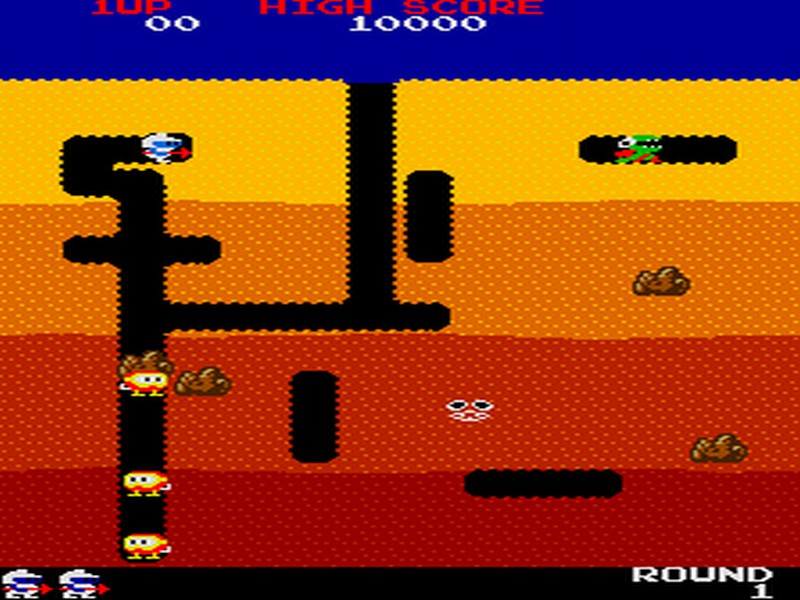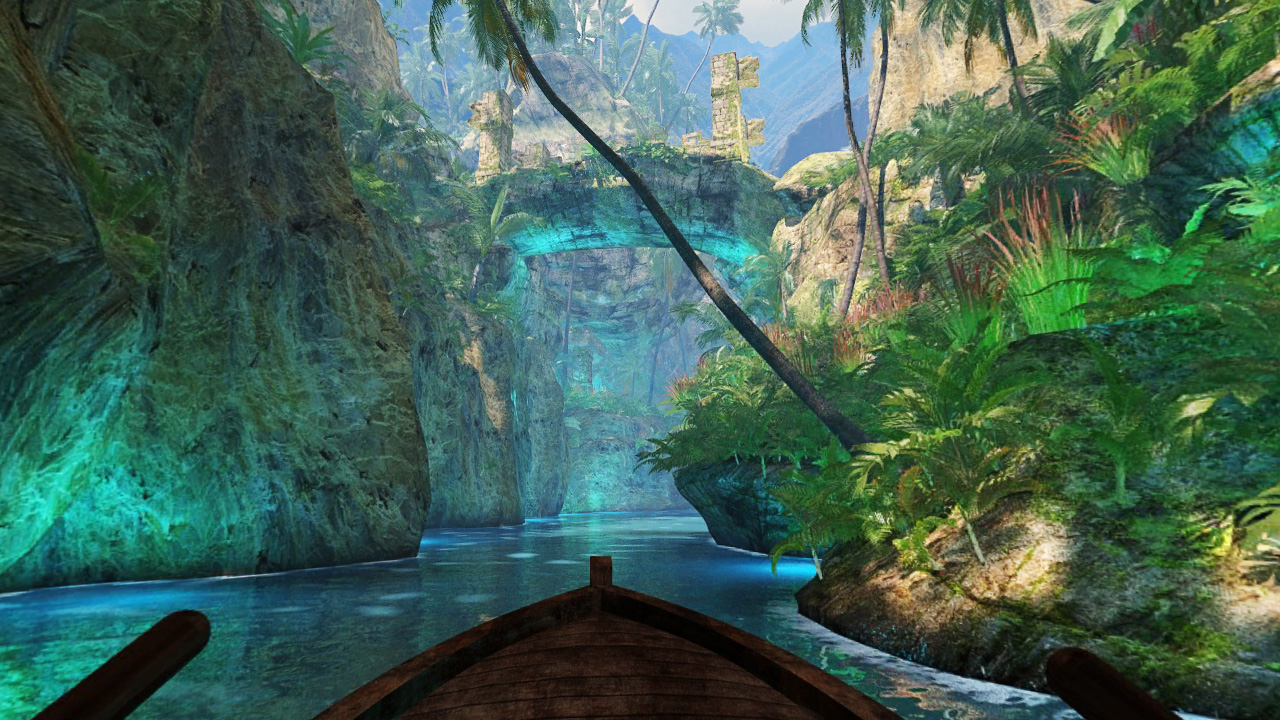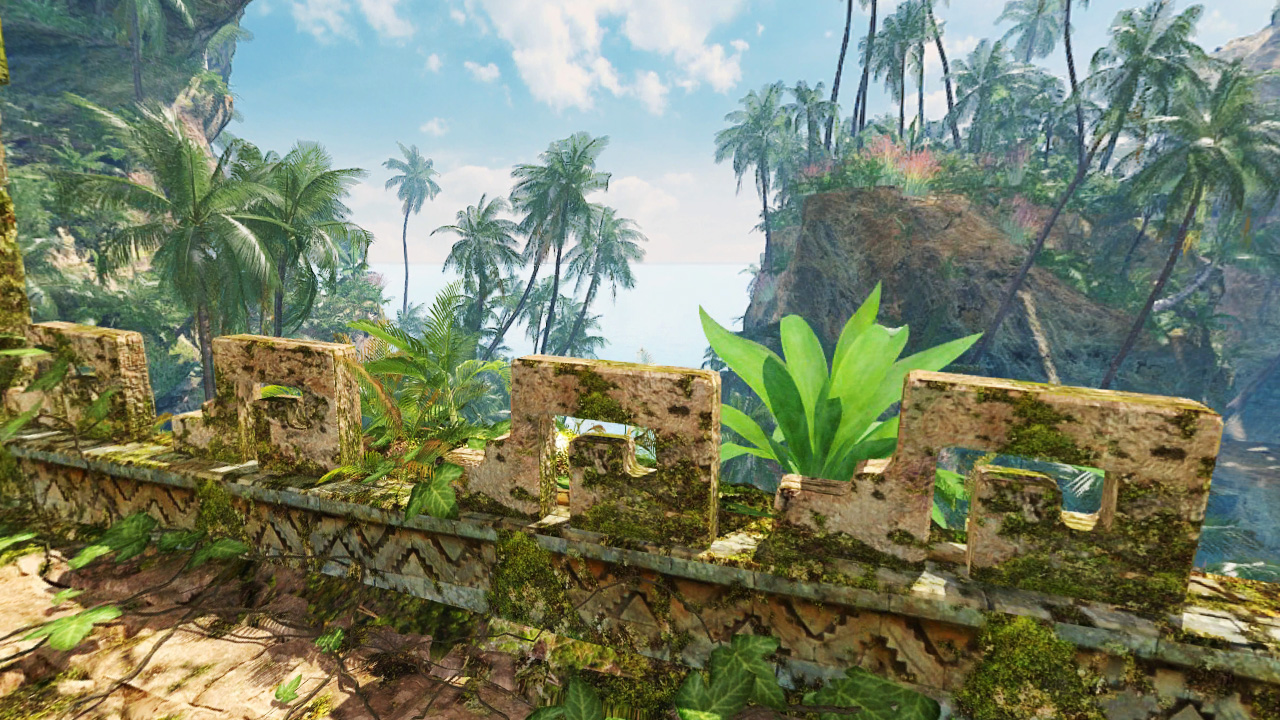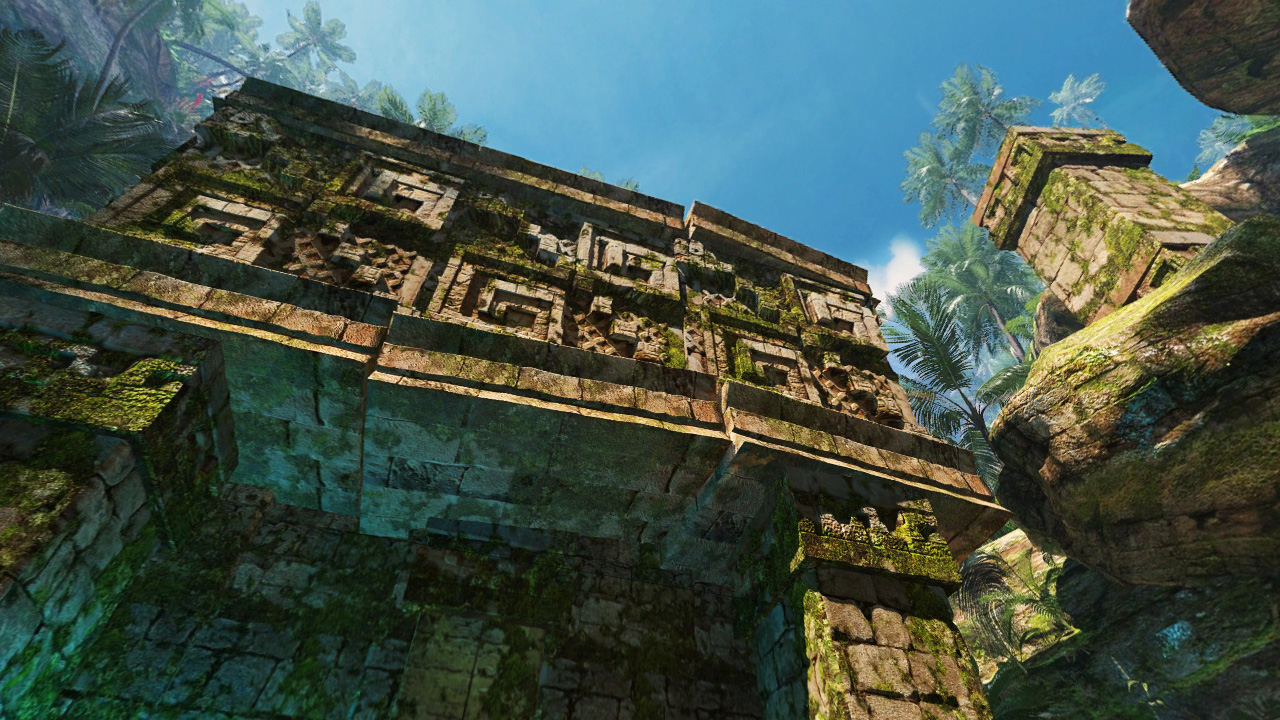But I couldn’t conclude this article without also describing the great
Spellbreaker vs.
Mage feud of 1985, an internal struggle so pitched that it still prompts sheepish half-grins and slight discomfort amongst the principal antagonists, Mike Dornbrook and Dave Lebling, today.
Almost from the point he first accepted the assignment to finish out the
Enchanter trilogy, Lebling had planned to call his game
Mage. It not only gave the names in the trilogy a nice consonance, what with all being synonyms for a wizard or magic user, but also implied a progression of increasing magical potency. When Dornbrook’s marketing people did some impromptu person-on-the-street questioning, however, they discovered a dismaying fact: most people had never heard the word “mage” and had no idea how to pronounce it. Most opted for either something that rhymed with “badge” or a vaguely French pronunciation, like the second syllable in “garage.” The package designers were also concerned that the name was just too short and bland-looking, that it wouldn’t “pop” like it needed to on a store shelf. So Dornbrook went back to Lebling to tell him that the name just wasn’t going to work; they’d have to come up with another.
This in itself wasn’t all that unusual; games like
Wishbringer, which had the perfect name almost from the beginning and kept it until release, were more the exception than the rule at Infocom. Most of the time the Imp responsible realized that his title was less than ideal and was willing to accept alternatives. That, however, was not the case this time. Lebling got his back up, determined that his game would be
Mage and only
Mage. Dornbrook got his up in response, and a lengthy struggle ensued. The other Imps and the other marketers fell in behind their respective standard bearers, leaving poor Jon Palace caught in the middle trying to broker some sort of compromise for a situation which didn’t really seem to allow for one; after all, in the end the game would either be called
Mage or it wouldn’t.
From the perspective of today, the most interesting thing about this whole situation is the fact that so many people didn’t know the word “mage” in the first place. It really serves to highlight how much fantasy (nerd?) culture has penetrated the mainstream in this post-Peter Jackson, post-
Harry Potter, post-
World of Warcraft world in which we live. In 1985 Lebling’s strongest argument against marketing’s findings, one which strikes me as entirely reasonable, was that Dornbrook and company had simply been polling the wrong people. While the average person on the street may not have known the word “mage,” those likely to be interested in the third game of a fantasy trilogy explicitly pitched toward Infocom’s most hardcore fans almost certainly did. As for the aforementioned person on the street, she wasn’t likely to buy the game no matter what it was called.
As usual with such spats inside any relationship, there was actually a lot going on here beyond the ostensible bone of contention. Dornbrook had been frustrated for years already by what he saw as the Imps’ refusal to properly leverage the most valuable marketing tool at their disposal, the name
Zork itself. Back in the company’s earliest days, when he had founded the
Zork Users Group, he had simply assumed that Infocom would stamp the
Zork brand on everything that would hold still for long enough.
It [the game that became Deadline] would have been Zork: The Mystery, etc. I thought that made sense at the time. We had this incredibly strong brand name. To me they were just going to be Zorks. We were going to own a word like “aspirin.” The name for a text adventure was going to be a Zork, and we were going to own that. But a decision was made while I was in business school and not contributing to the decision-making that we didn’t want to go down that path.
Dornbrook’s frustrations were made worse by 1983′s
Enchanter, which everyone had assumed would be
Zork IV until very shortly before its release, when Lebling and his coauthor Marc Blank suddenly announced that they didn’t want to be “typecast” by forever doing
Zorks. Dornbrook tried fruitlessly to explain that, while it might not make sense that people would buy a game if it was called
Zork but not if it was called
Enchanter, that was just the way that branding
worked. Observing how each game in the new trilogy sold fewer copies than the
Zork games had and, even more dismayingly, fewer copies than its immediate predecessor, Dornbrook was soon convinced that the company had sacrificed tens or even hundreds of thousands of sales to the Imps’ effete artistic sensibilities.
I felt that marketing needed to be a little more respected, and if we had a strong feeling about something they [the Imps] shouldn’t just… I mean, the game developers, I got along very well and respected them, but there was a bit of, um… they were a little too full of themselves. A little too self-important. A little too, at times, megalomaniacal. Okay, that’s too strong a word… but it was frustrating sometimes from just a business standpoint. They kind of positioned themselves as, “We’re above all that! We’re artists!” Sometimes it seemed a little too precious.
As the 1980s wore on, Dornbrook couldn’t help but compare Infocom to competitors like Origin Systems and Sierra, who unabashedly milked their flagship brands —
Ultima and
King’s Quest respectively — for all they were worth via an open-ended series of numbered sequels, and, not coincidentally he believed, by mid-decade and beyond were selling far more games than Infocom. Dornbrook now saw a convenient opportunity to force through a mid-course correction of sorts. He thought about how
Enchanter still had the internal inventory code of “Z4″ at Infocom,
Sorcerer and Lebling’s new game “Z5″ and “Z6″ respectively.
There was a time later on when I came back and seriously suggested, when there was the big fight over Mage vs. Spellbreaker, why don’t we just call it Zork VI? “You can’t do that! What about Zork IV and V?” I said, “Won’t that create a whole bunch of great questions? Maybe it will help sell Enchanter and Sorcerer if they finally realize, oh, those were Zork IV and V.” I never won that argument.
So Dornbrook still didn’t get his
Zork; Lebling, who admits he was “terribly exercised” over the whole situation, wasn’t going to allow him that satisfaction, although he does concede it to have been an interesting idea worth considering today. But Lebling didn’t get his
Mage either. The game shipped as another suggestion of Dornbrook’s people,
Spellbreaker — not a half-bad name in my book, for what it’s worth. Lebling, however, wasn’t pleased at all, and indulged in an uncharacteristic final bit of sour-grapesmanship by sneaking a new routine into the final version that caused it to call itself
Mage in the title line about one time out of every hundred.
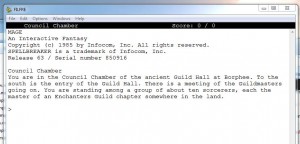
The worrisome downward sales trend that Dornbrook had spotted wasn’t halted by
Spellbreaker. Like its predecessor
A Mind Forever Voyaging, it sold only about 30,000 copies, making these latest games the two least successful Infocom had so far released. There were obvious reasons for the low sales of each attributable to it specifically rather than Infocom’s position in the market as a whole —
A Mind Forever Voyaging was highly experimental and required a fairly powerful computer to run, while
Spellbreaker was unlikely to appeal to anyone who wasn’t already a hardcore Infocom fan who had already played
Enchanter and
Sorcerer — but, well, let’s just say that Dornbrook and everyone else had good reason to be worried.
![The Year of Incline [2014] Codex 2014](/forums/smiles/campaign_tags/campaign_incline2014.png)















![Have Many Potato [2013] Codex 2013](/forums/smiles/campaign_tags/campaign_potato2013.png)














 came in.
came in.
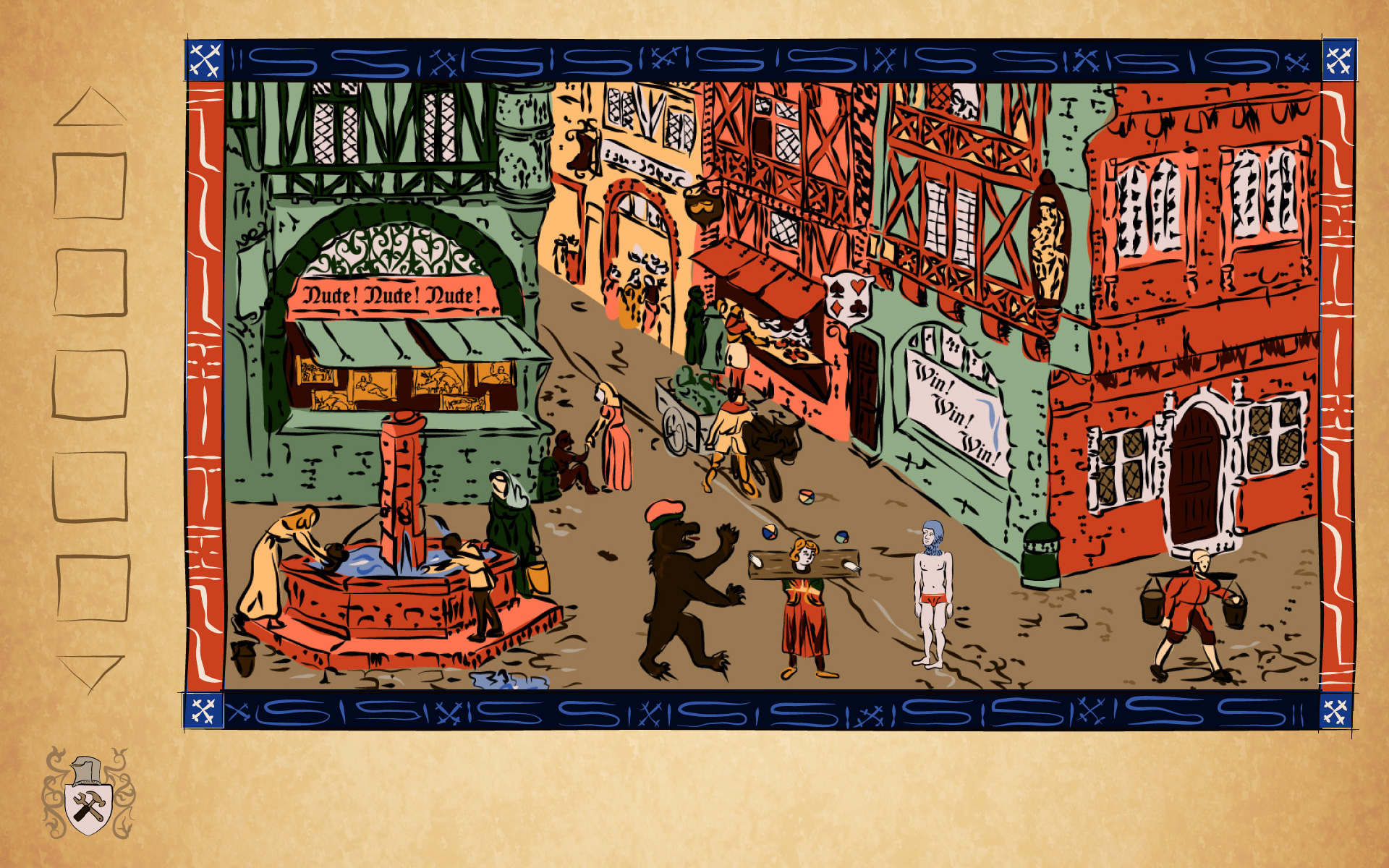
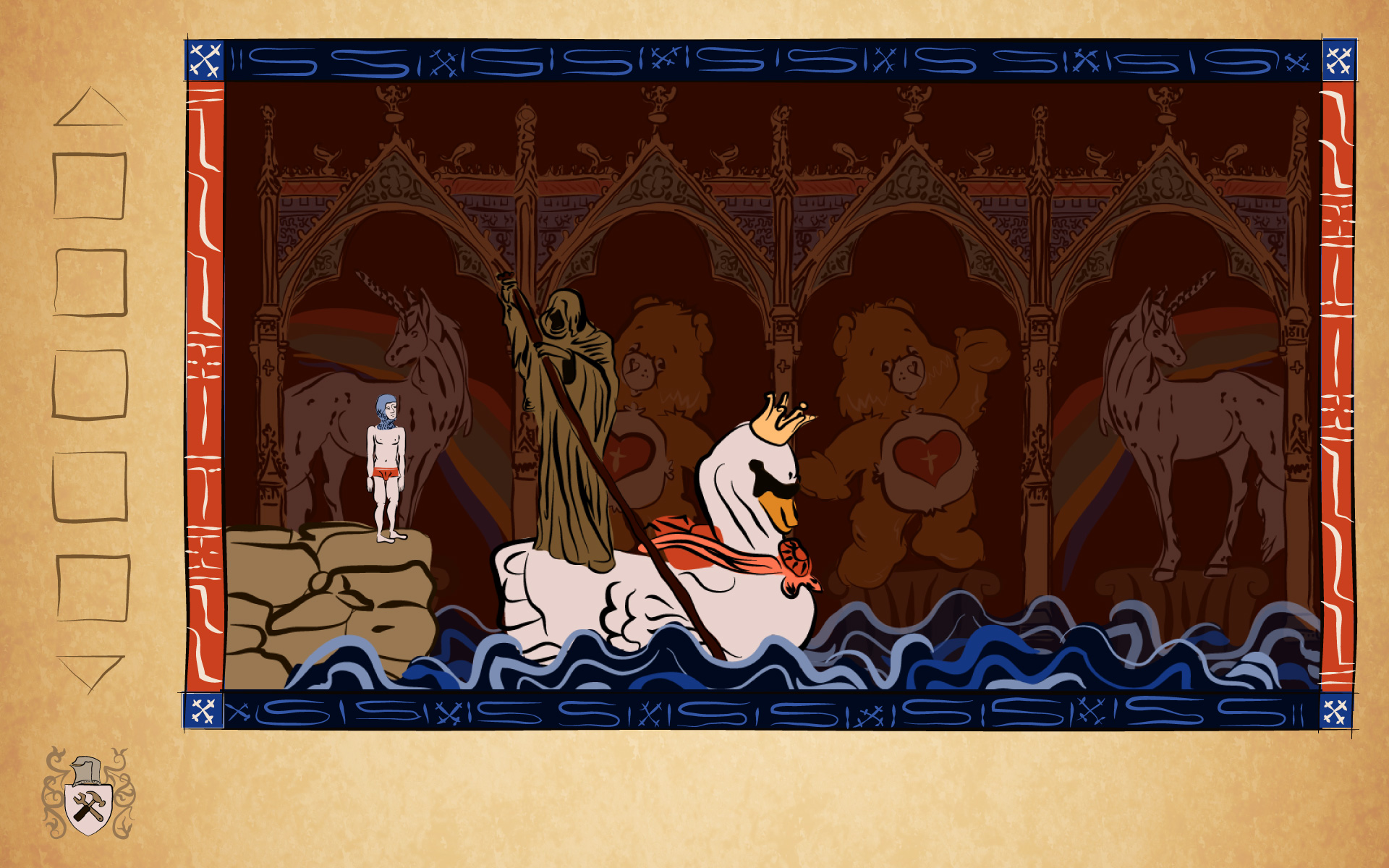
![Glory to Codexia! [2012] Codex 2012](/forums/smiles/campaign_tags/campaign_slushfund2012.png)



